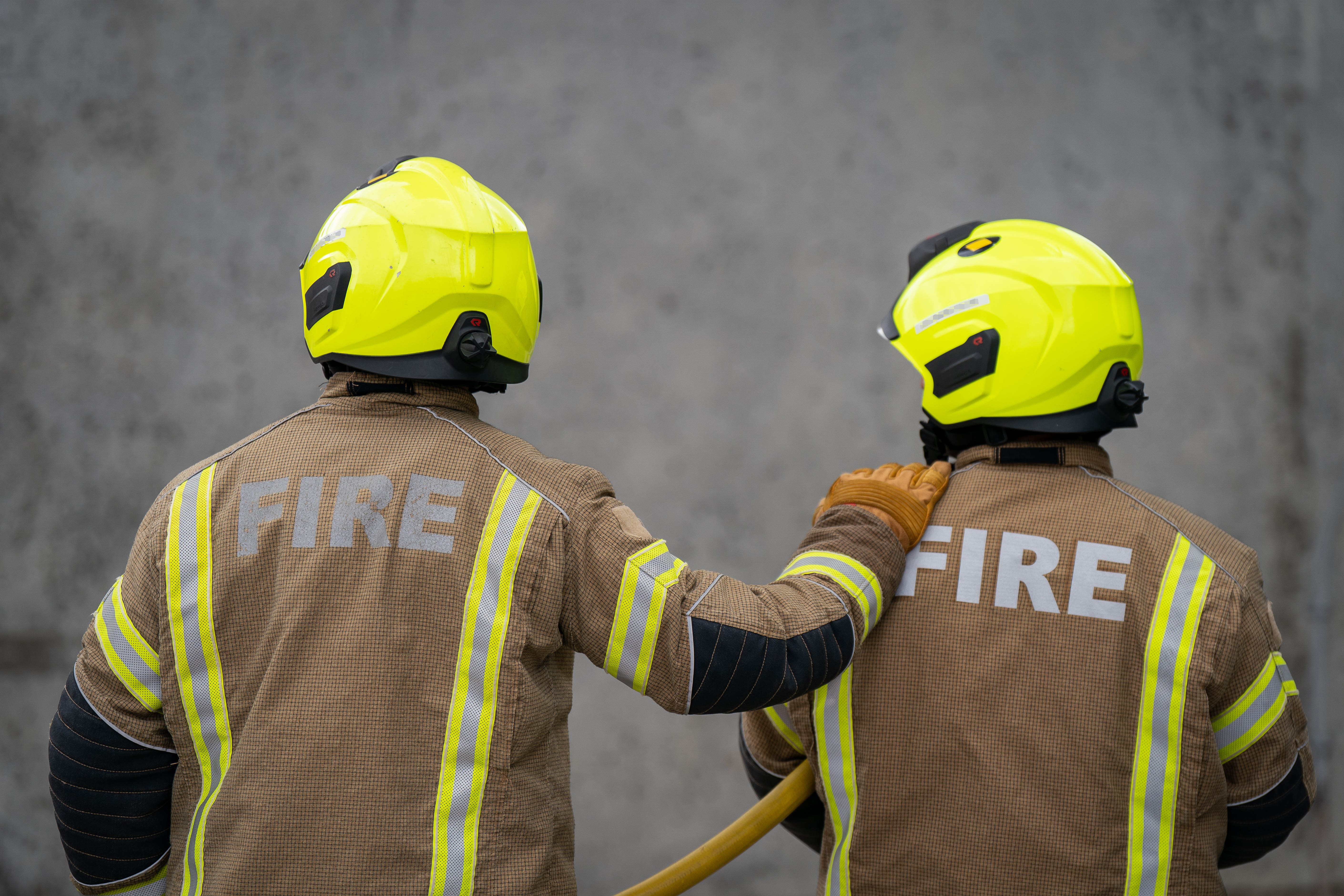New rules announced on striking fire and rescue workers
The Fire Brigades Union (FBU) said it will resist the ‘outrageous’ regulation

Your support helps us to tell the story
From reproductive rights to climate change to Big Tech, The Independent is on the ground when the story is developing. Whether it's investigating the financials of Elon Musk's pro-Trump PAC or producing our latest documentary, 'The A Word', which shines a light on the American women fighting for reproductive rights, we know how important it is to parse out the facts from the messaging.
At such a critical moment in US history, we need reporters on the ground. Your donation allows us to keep sending journalists to speak to both sides of the story.
The Independent is trusted by Americans across the entire political spectrum. And unlike many other quality news outlets, we choose not to lock Americans out of our reporting and analysis with paywalls. We believe quality journalism should be available to everyone, paid for by those who can afford it.
Your support makes all the difference.New rules have been announced aimed at ensuring fire and rescue services are crewed by 73% of fire engines during strikes.
The government said the move will ensure the public are protected from the “dangerous impact” of striking fire and rescue service staff.
The Fire Brigades Union (FBU) said it will resist the “outrageous” regulation.
The government said that during any strike, fire and rescue services (FRS) will be expected to crew 73% of fire engines and other vehicles that they would normally have available.
The fire brigade will also be expected to attend all emergencies as usual, even during a strike period.
The regulation will be enforced once a union has informed an FRS that it intends to strike and the employer takes action.
The employer can issue a work notice that tells the union which members of the FRS will be required to work to meet the minimum service level, and the work they will be required to do.
Fire control rooms will also be expected to have enough staff to maintain their important functions and respond to 999 calls and major incidents.
Crime, Policing and Fire Minister Chris Philp said: “Fire and rescue services play a critical role in society and protect the public in emergencies, and we must ensure this is maintained during periods of industrial action.
“While it is right that workers have the ability to strike, this must not come at the cost of public safety. The new minimum service level for fire and rescue will help save lives.”
Matt Wrack, general secretary of the FBU, said: “This is an outrageous and authoritarian plan to seek to ban strikes in the fire and rescue service. The government wants this in place so that it can attack the pay and conditions of firefighters and other workers.
“It’s one of the worst assaults in the last century on the rights of working people to defend themselves.
“The Fire Brigades Union will resist this dictatorial legislation in every way possible.”
So-called minimum service levels have already been introduced in the rail industry but were not used by any companies hit by a recent train drivers’ strike.
TUC general secretary Paul Nowak said: “This is a flagrant attack on the right to strike of firefighters.
“No one should be sacked for exercising their right to strike, but that is exactly what the government is threatening.
“These new laws are undemocratic, unworkable and are likely illegal and they will do nothing to resolve industrial disputes.
“The Conservatives know this but they are desperate to distract from their dire record in government.
“Our message to government is loud and clear. We will fight these draconian laws all the way – working with the FBU and every other union affected, and we won’t rest until these laws are off the statute book.”
Subscribe to Independent Premium to bookmark this article
Want to bookmark your favourite articles and stories to read or reference later? Start your Independent Premium subscription today.